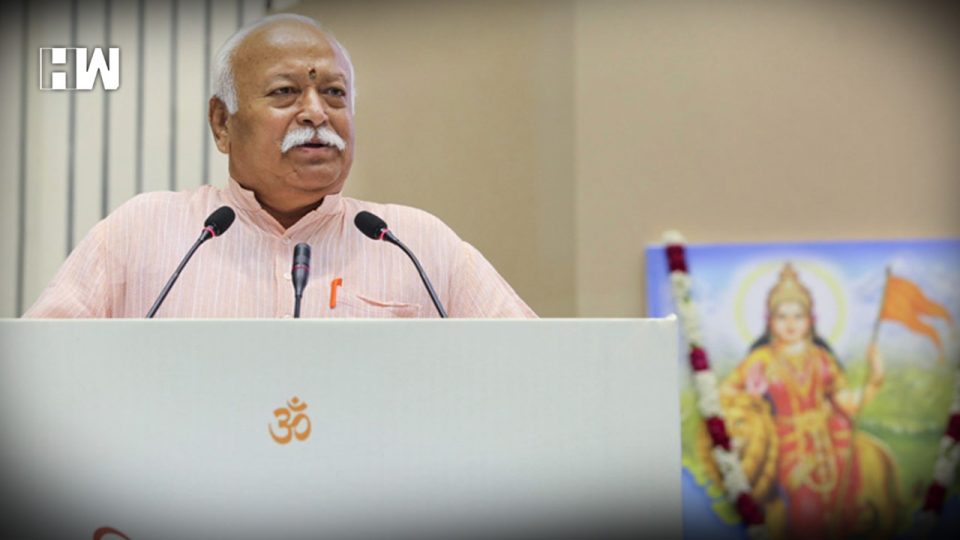Abraham Lincoln, arguably the greatest president in the history of the United States, coined the phrase “character is like a tree and reputation like a shadow. The shadow is what we think of it; the tree is the real thing”. The RSS (Rashtriya Swayamsevak Sangh) ever since its inception way back in 1925 could not be mistaken for anything but a right-wing, Hindu nationalist organization. The organization promotes upholding Indian culture and propagates the ideology of Hindutva. It is this very same ideology that has shaped its character and this 93-year-old tree which has its roots deeply embedded into Indian culture and politics has blossomed into being the world’s largest voluntary mission organization. This organization casts a very big shadow and over the years its reputation has been called into question over whether it is an exclusionary organization or whether it believes in inclusion for all. With recent comments from Congress heavyweight Rahul Gandhi, comparing the Sangh to the fanatically inclined terrorist organization the Muslim Brotherhood, the opposition seems to have launched a direct assault on RSS’ character in an attempt to tarnish its reputation.
Recent events, however, seem to be hinting at a contradictory stance being taken by the RSS, with its chief, Shri Mohan Bhagwat, at an event in Nagpur stepping up the rhetoric against exclusionism and working towards a society that encourages pluralism and diversity. When the country’s premier right-wing organization begins to talk about inclusiveness, respect for individuality and upliftment of all sections of society irrespective of caste, community or religion, it sends a clear message of intent that transcends the boundaries of political agenda and builds confidence in the system as a whole and its trickle-down effects can be felt amongst the business community as well. Political stability and having a liberal government at the centre are pre-requisites for investor confidence in a country. When religion is a deciding factor in policy making in a nation, like that in Pakistan, an unfavourable outlook from the investor community is a given. Take the example of Saudi Arabia, a country so well endowed with natural resources, it should be at the centre of the world’s economic engine. Yet due to its religious ideology-driven policymaking, it does not have much standing in the international business community and does not live up to its potential in terms of being at the centre of financial innovation and attracting foreign funding.
These statements of inclusiveness, pluralism, diversity and a pitch for a more liberal outlook in general that focuses on tolerance and is very much inclusive of women and minorities should form the very being of our social fabric in this country and such a statement could not have come at a more critical stage for the economy. With macroeconomic headwinds engulfing the country such as rising oil and fuel prices, a depreciating rupee, widening current account deficit, hardening bond yields, interest rates set to go up and more, the sentiment of investors are at a low and foreign funds can be seen exiting the country at a rapid pace. A rhetoric such as this should have a calming influence on the economy and should pave the way for a return of investor confidence and hopefully an influx of much needed foreign funds.
For some time now the Prime Minister Narendra Modi has with little success been trying to convince the public that the BJP is an inclusive organisation and that no other community should live in fear of being excluded. Mohan Bhagwat with his speech in Nagpur has allayed this fear and has done in one sitting what the Prime Minister has failed to do during his entire term in office. With some people still convinced that this is a nothing but a pre-election gimmick, it is very much a welcome step in the right direction by the RSS supremo. As to the debate whether this is an attempt at changing its reputation or whether there is a genuine alteration in the character of the RSS, only time will tell.
As an independent media platform, we do not take advertisements from governments and corporate houses. It is you, our readers, who have supported us on our journey to do honest and unbiased journalism. Please contribute, so that we can continue to do the same in future.

